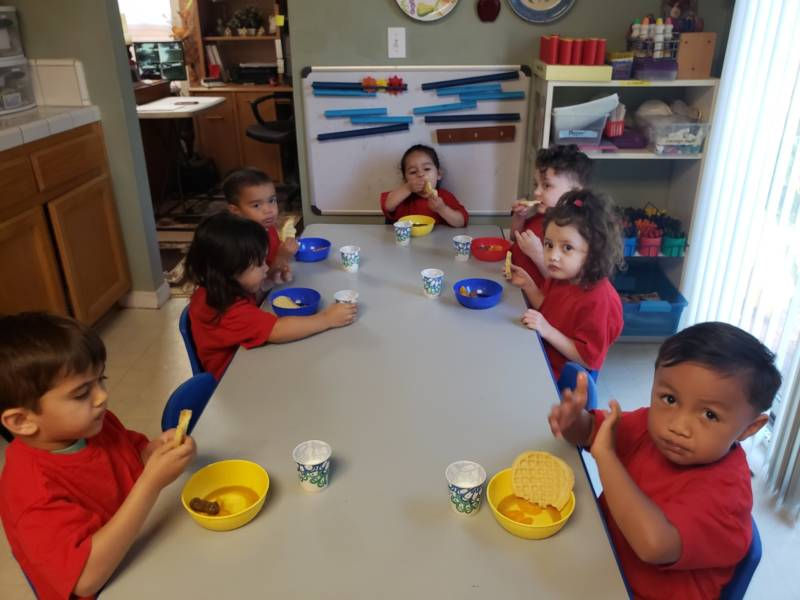Introduction (approx. 60 words): Child care plays a vital role in shaping the future generation, providing a nurturing environment where children can grow, learn, and thrive. Beyond being a safe haven for working parents, quality child care offers numerous benefits that have long-lasting effects on a child’s development. In this article, we will explore the significance of quality child care, highlighting its impact on cognitive, social, and emotional growth, and emphasizing the importance of investing in high-quality early childhood education.
Body:
- Cognitive Development (approx. 120 words): Quality child care programs foster cognitive development by offering age-appropriate activities, stimulating environments, and early educational experiences. Engaging children in enriching activities, such as reading, storytelling, and problem-solving games, helps them develop language skills, critical thinking abilities, and creativity. Moreover, exposure to a diverse range of learning opportunities in child care settings promotes curiosity and a thirst for knowledge, laying a strong foundation for future academic success. Researchers have consistently found that children who attend quality child care programs demonstrate enhanced cognitive abilities compared to those who do not, leading to improved school readiness and long-term academic achievements.
- Social and Emotional Growth (approx. 120 words): Child care environments provide children with opportunities to interact and form relationships with their peers, fostering social and emotional growth. Through play, sharing, and collaborative activities, children learn vital social skills such as communication, empathy, and conflict resolution. Moreover, caring and responsive child care providers serve as positive role models, helping children develop secure attachments and emotional resilience. Studies have shown that children who attend quality child care programs exhibit higher levels of social competence, self-confidence, and emotional regulation, setting them on a path towards healthy relationships and emotional well-being in adulthood.
- Parental Support and Work-Life Balance (approx. 120 words): Quality child care not only benefits children but also supports working parents by offering reliable and flexible care options. Access to affordable, high-quality child care reduces stress and enables parents to focus on their careers, increasing productivity and job satisfaction. Moreover, child care centers often provide opportunities for parental involvement, offering parenting workshops, communication channels, and collaborative decision-making processes. Such engagement strengthens the parent-child bond, fosters shared responsibility, and encourages a positive home-child care partnership. When parents feel confident in their child’s care, they can balance work and family life more effectively, contributing to a healthy and harmonious family environment.
- Long-Term Economic and Societal Impact (approx. 120 words): Investing in quality child care has far-reaching benefits for society as a whole. Research has shown that high-quality early childhood education yields significant economic returns, including reduced government spending on remedial education, healthcare, and criminal justice. Furthermore, children who receive quality child care are more likely to complete higher education, secure stable employment, and contribute positively to the economy. By supporting children’s development during their critical early years, we can break the cycle of poverty, reduce social inequalities, and create a more prosperous and equitable society.
Conclusion (approx. 60 words): Quality child care serves as a cornerstone for the holistic development of children. By nurturing their cognitive, social, and emotional growth, child care programs lay the foundation for a brighter future. Recognizing the long-lasting impact of quality child care, it is crucial for governments, communities, and families to prioritize investments in early childhood education, ensuring that every child receives the care and support they need to thrive and reach their full potential.







More Stories
Nurturing the Future: Embracing the Power of Child Care
Mudgeeraba Daycare is a fantastic place to raise your family
Nurturing the Future: The Crucial Role of Child Care